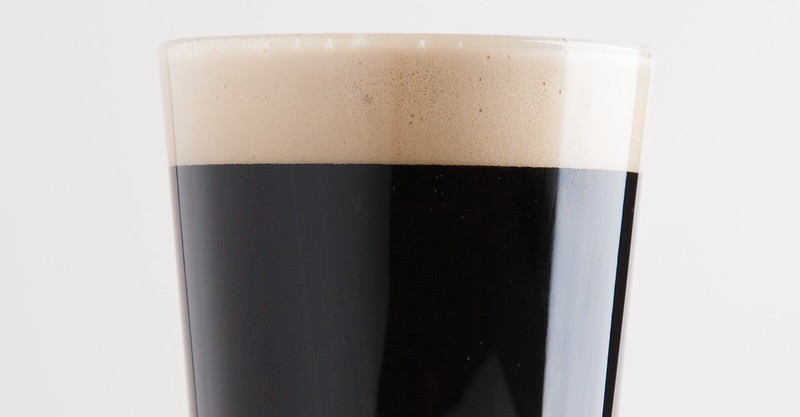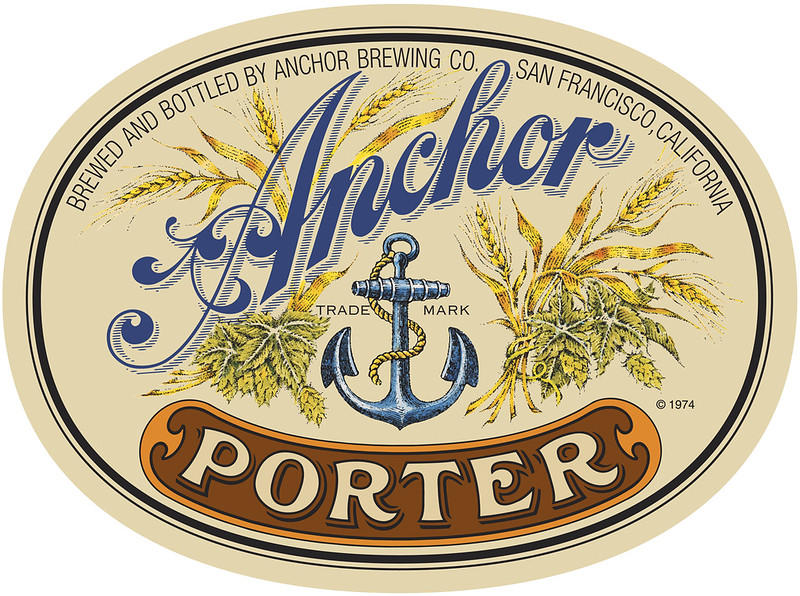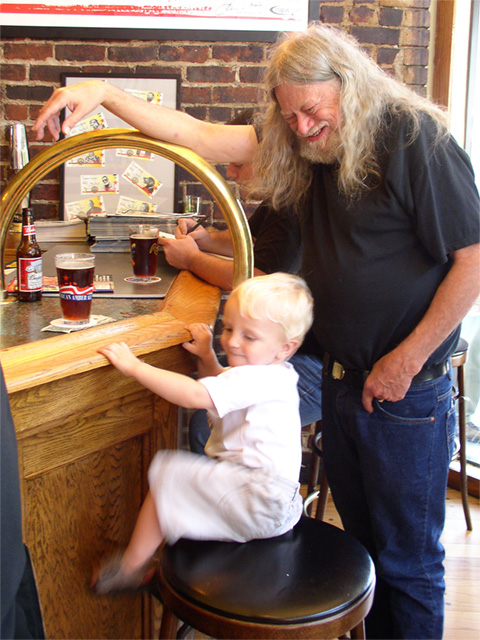![]()
For our 109th Session, our host will be Mark Lindner, who is the Bend Beer Librarian, and writes the By the Barrel in Bend, Oregon. For his topic, he’s chosen the beer style Porter, and wants us to explore what he calls a “highly variable style.” Jon goes on to explain what he means by that in his announcement for the March Session:

Porter
“The history of porter and the men who made it is fascinating, for it deals with the part that beer has played in the development of Western Culture. Conversely, of course, much of porter’s growth was the result of profound changes in the nature of British society. It is also a microcosm of how our industries have developed; events in porter’s history explain the structure of the modern brewing industry, not only in Britain, but in the other major Western countries.
Porter is intimately tied in with the Industrial Revolution, in which Britain led the world. Through the growth it enabled the brewers to achieve, it was instrumental in the development and technological application of a number of important scientific advances” (Foster, Porter, 17).
I am not talking about your long dead relative’s porter—although you might be—but about all of the variations currently and previously available. Hey, feel free to write about the porter of the future or some as-yet-unrecognized sub-style of porter.
There are English porters, Brown porters, Robust porters, American porters, Baltic porters, Imperial porters, Smoked porters, barrel-aged variants of most of the preceding, and so on.
With as many variations as there are it is hard to believe that porter is perhaps a neglected style. Then again, it did disappear for a while [see Foster, Porter, and others]. Of 14 beer people asked about overrated and underrated styles three of them said porter was most underrated and no one suggested it as overrated in our current market climate. [Yes, I know that is from Thrillist; feel free to ignore it.]
I would like you to sit down with one or more porters of your choosing. Pay a few minutes attention to your beer and then use that as a springboard to further thoughts on the style.
Possibilities include:
- Contrast and/or compare two or more of the styles
- Contrast and/or compare two or more beers within/across porter styles
- The history and development of the style
- Your love/hate relationship with any porter style
- Baltic porter – ale or Lager or a mixed fermentation?
- Is hopping the only difference between English and American styles?
- Food pairings with your favorite porter or style of porter
- Review the porter(s) you are using as a creative springboard
- Construct a resource along the lines of Jay Brooks’ Typology style pages, see for example American Barley Wine or Bock [I’ve already collected some of the information below for you.]
- Recipe and procedures for brewing your version of a great porter
- …

So what is your favorite porter? Or do you like them at all? What’s your take? You know what to do? To participate in the March Session, leave the link to your post in a comment to the original announcement on or before Friday, March 4. Or e-mail your URL at mark (.) r (.) lindner (@) gmail (.) com, or tweet your link with the hashtag #thesession and it wouldn’t hurt to add him, too, using @bythebbl.

Still my favorite Porter, so good he could even make Don Younger smile!
